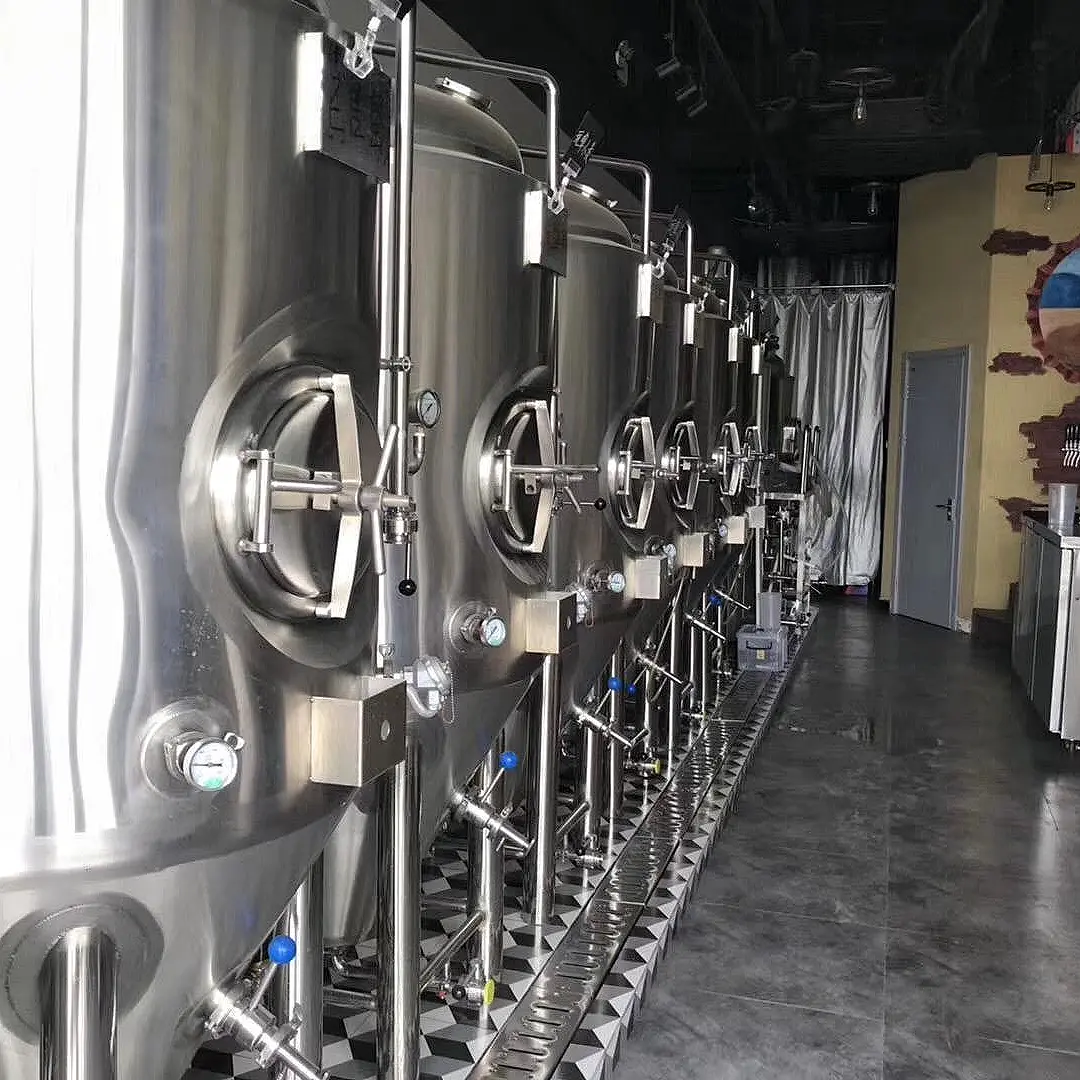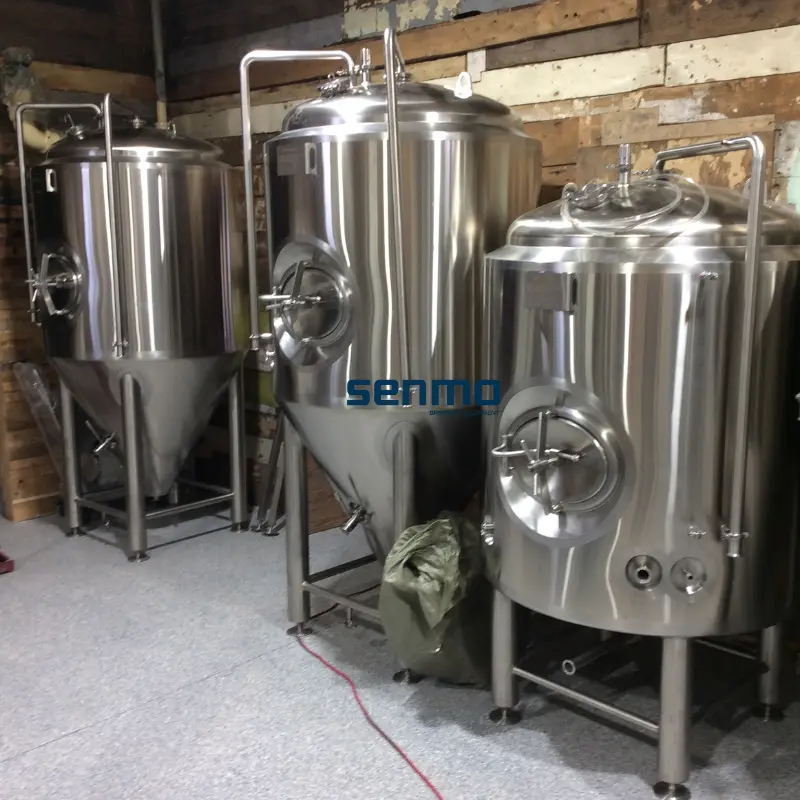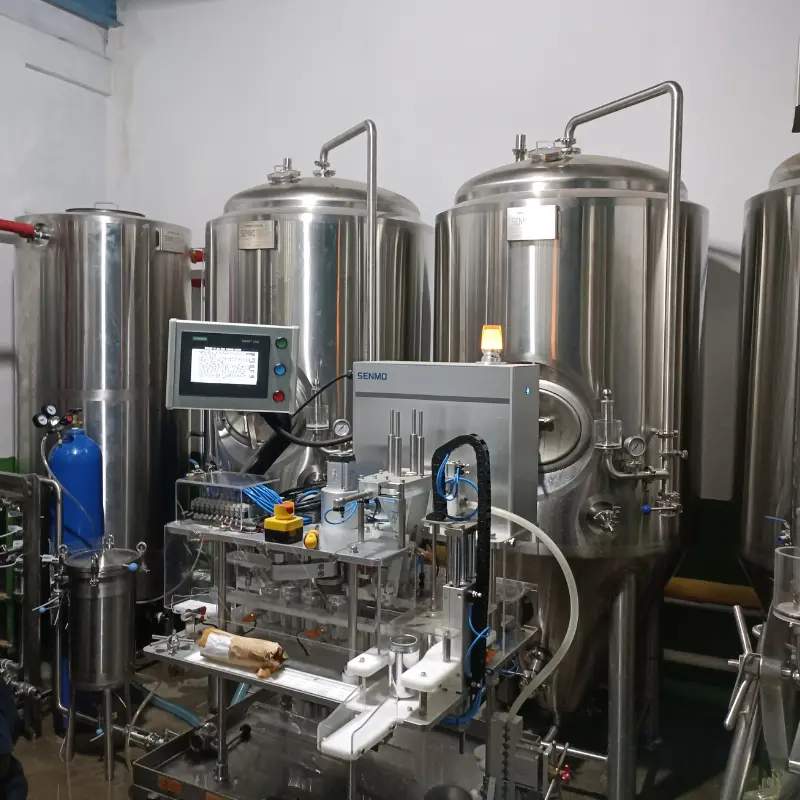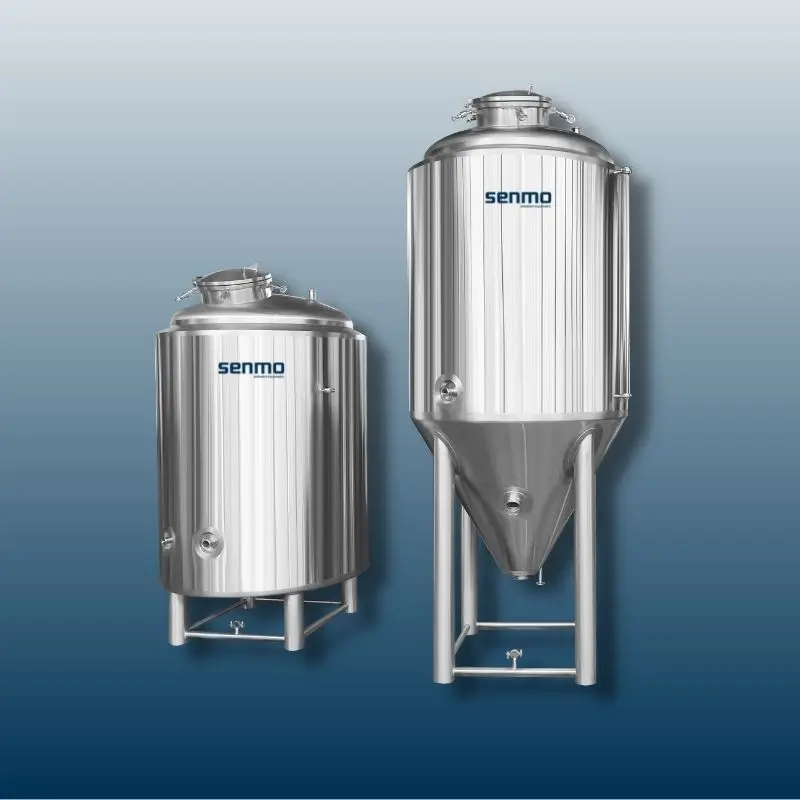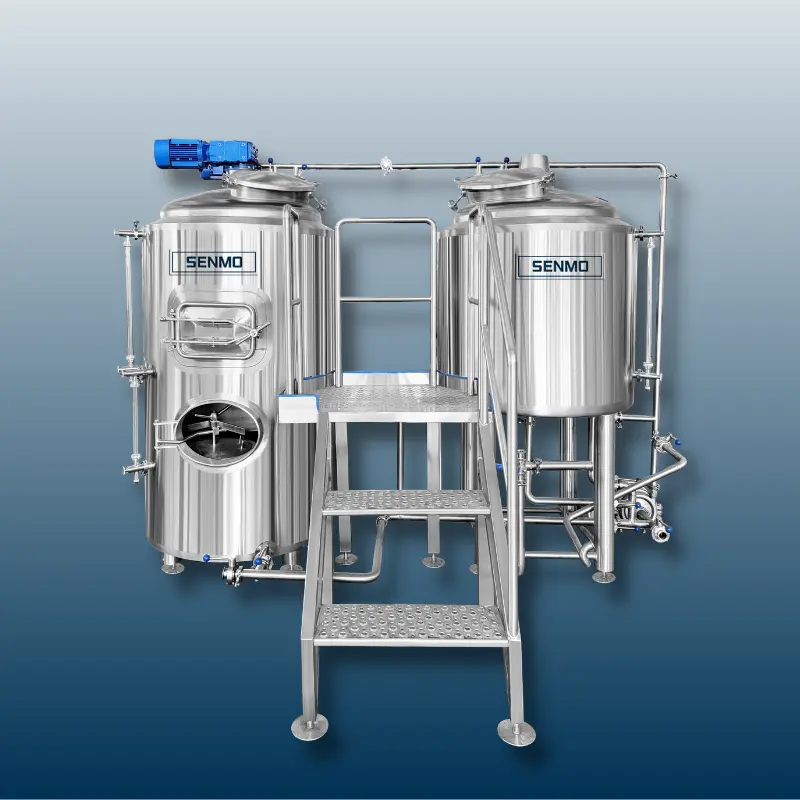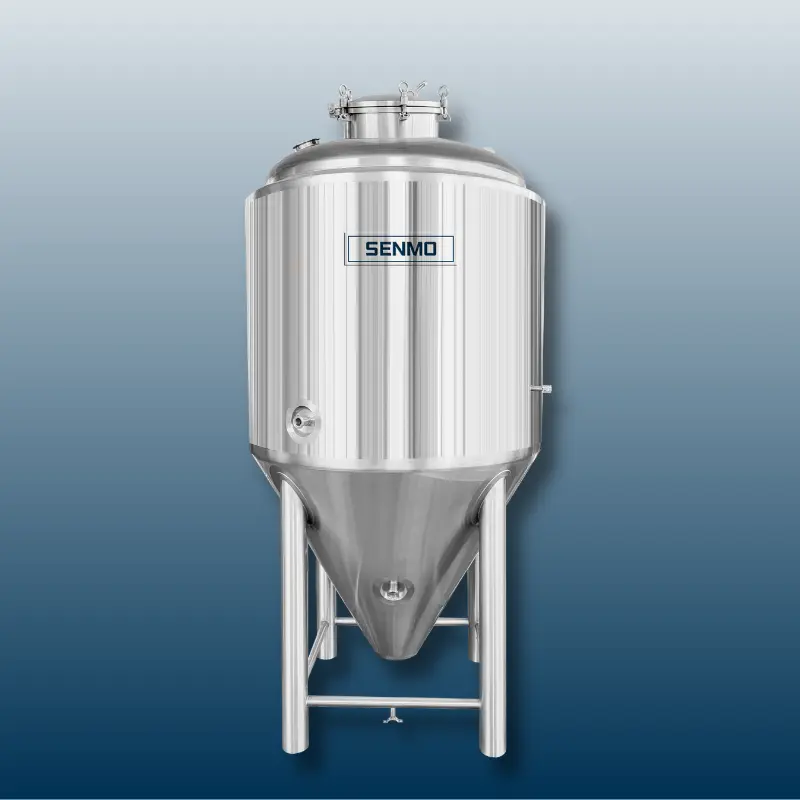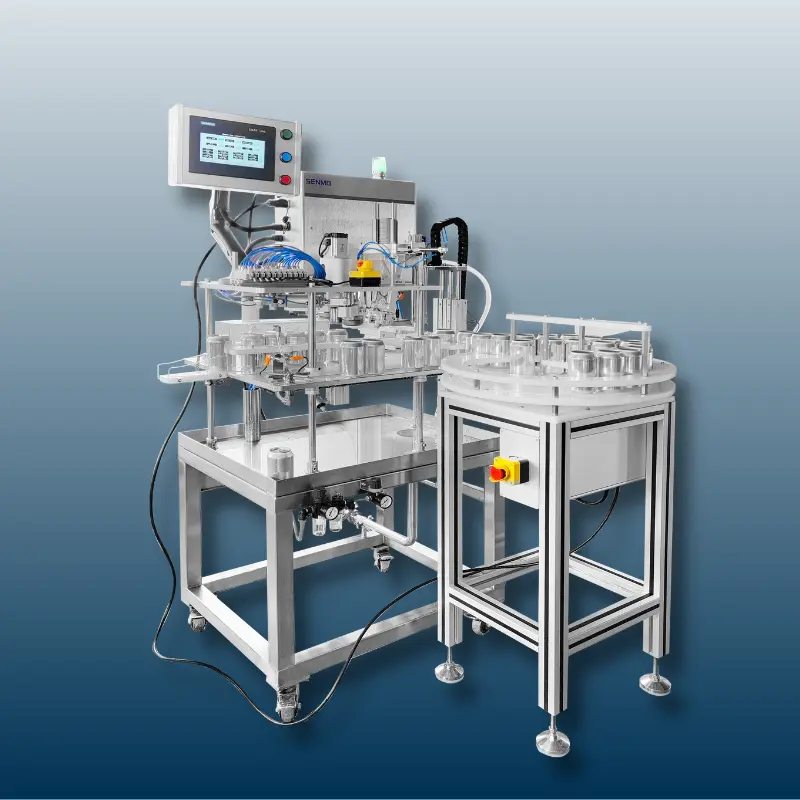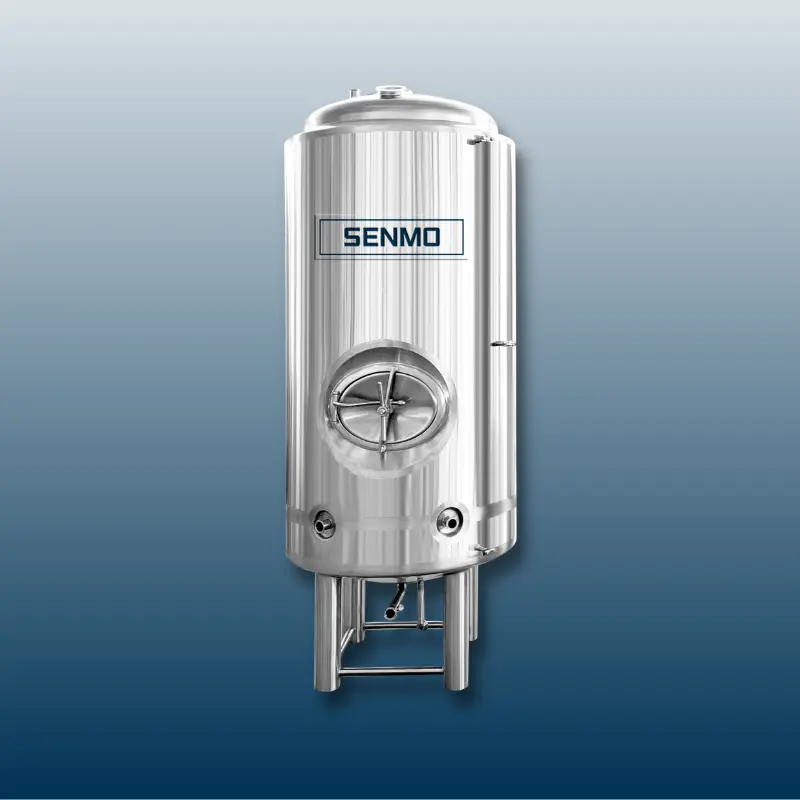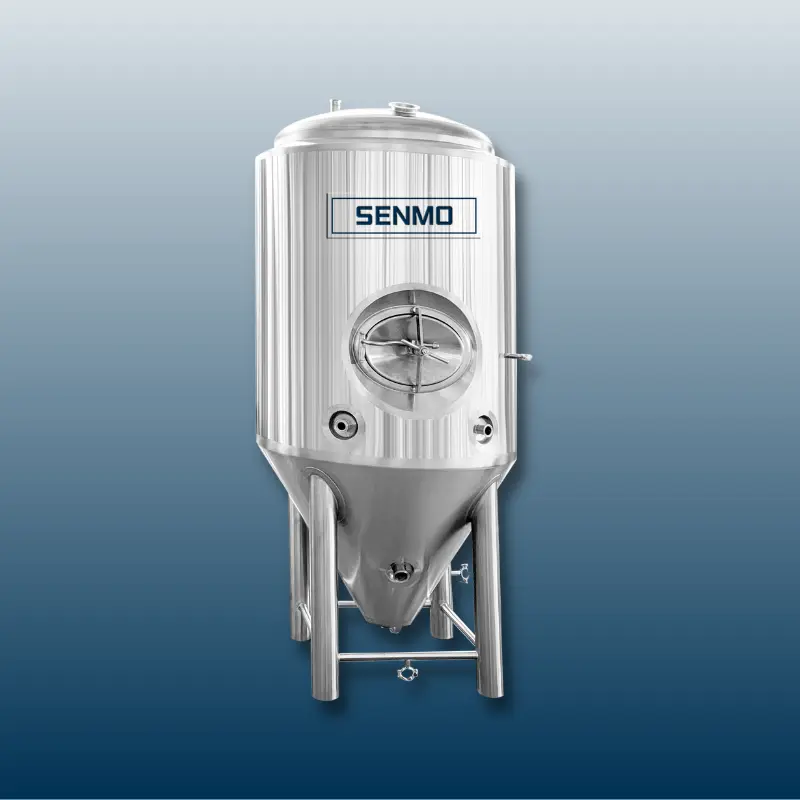Starting a brewery requires a significant investment in equipment to ensure the brewing process is efficient, consistent, and of high quality. The specific equipment you'll need can vary based on the size of your brewery, the type of beer you plan to produce, and your production volume. Here's a general list of the essential equipment needed to start a brewery:
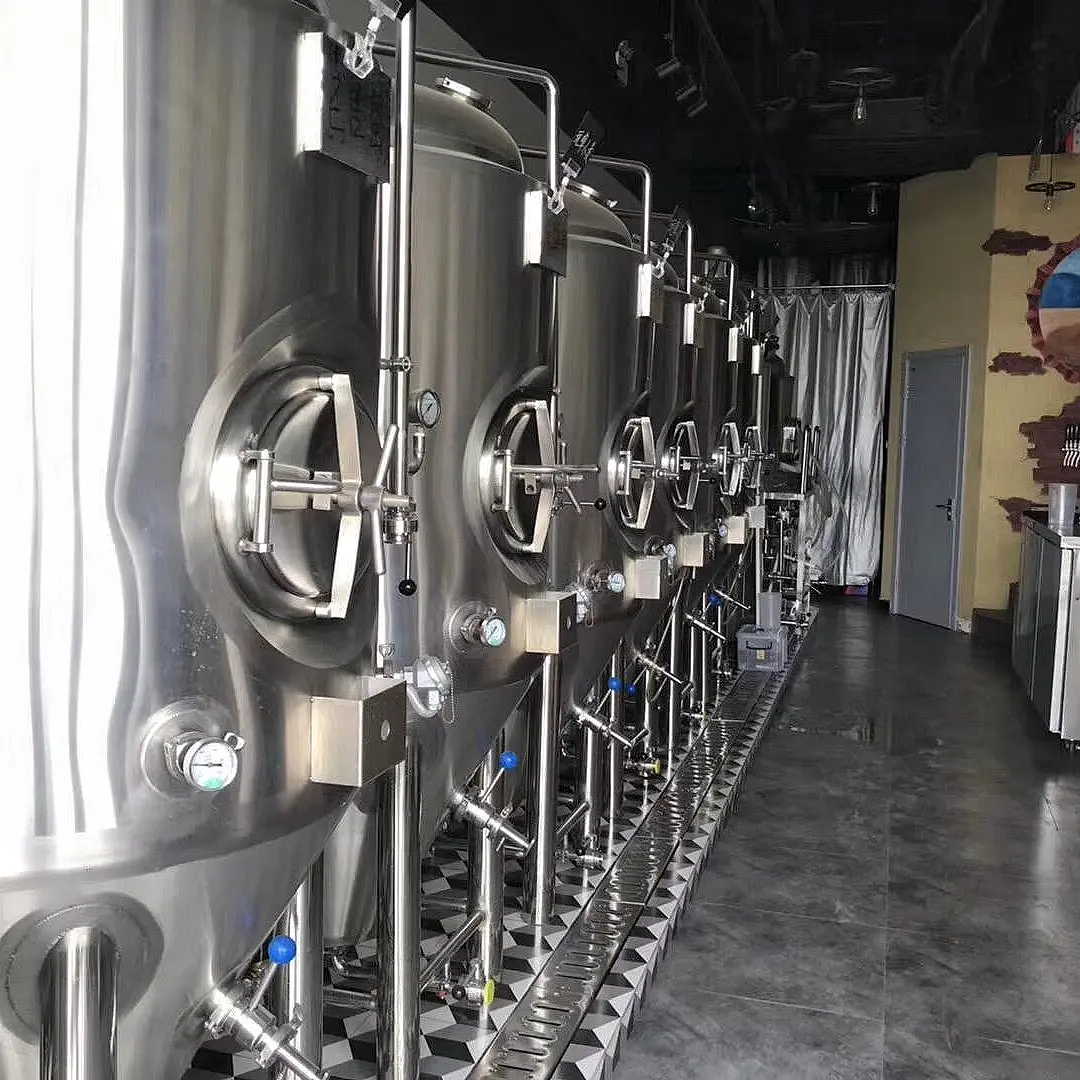
Beer equipment list
Equipment Name | Quantity | Approximate Price |
Milling Equipment | 1 | $3,000 - $10,000 |
Mash Tun | 1 | $10,000 - $30,000 |
Lauter Tun | 1 | $10,000 - $25,000 |
Brew Kettle | 1 | $15,000 - $40,000 |
Whirlpool | 1 | $10,000 - $25,000 |
Heat Exchanger | 1 | $5,000 - $15,000 |
Fermentation Vessels | Varies | $5,000 - $20,000 each |
Brite Tanks | Varies | $5,000 - $20,000 each |
Kegs or Bottling Line | Varies | $15,000 - $50,000+ |
Canning Line | Varies | $50,000 - $150,000+ |
Cold Storage | 1 | $5,000 - $20,000 |
Yeast Propagation System | 1 | $5,000 - $15,000 |
Laboratory Equipment | Varies | $2,000 - $10,000 each |
Sensory Analysis Tools | Varies | $500 - $2,000 each |
Boiler | 1 | $10,000 - $30,000 |
Chiller | 1 | $5,000 - $15,000 |
Water Treatment System | 1 | $5,000 - $20,000 |
Ventilation and Exhaust | 1 | $5,000 - $15,000 |
Electrical System | 1 | $5,000 - $15,000 |
Floor Drainage | 1 | $1,000 - $5,000 |
Pumps | Varies | $500 - $2,000 each |
Cleaning and Sanitization | Varies | $1,000 - $5,000 each |
Waste Management System | 1 | $1,000 - $5,000 |
The list of these beer equipment will vary with the size of the brewery. This requires detailed communication with our experts, and detailed design and calculation based on the scale of your planned brewery.
Brewing Equipment:
Milling Equipment: To crush malted grains to expose the inner starches for mashing.
Mash Tun: Where milled grains are mixed with water and heated to convert starches into fermentable sugars.
Lauter Tun: Used to separate liquid wort from the spent grain after mashing.
Brew Kettle: Where the wort is boiled, hops are added for bitterness, flavor, and aroma, and the wort is sanitized.
Whirlpool: Used to separate hop particles and other solids from the boiled wort.
Heat Exchanger: Cools down the hot wort quickly before transferring it to the fermentation vessel.
Fermentation Equipment:
Fermentation Vessels: Tanks where yeast is added to the cooled wort to ferment sugars into alcohol and carbon dioxide.
Brite Tanks: Tanks for conditioning, carbonating, and clarifying the beer before packaging.
Packaging Equipment:
Kegs or Bottling Line: Depending on your packaging choice, you'll need kegs, bottles, caps, and a labeling system.
Canning Line: If you plan to package in cans, a canning line becomes essential.
Cellaring and Conditioning Equipment:
Cold Storage: Proper temperature-controlled storage for finished beer and ingredients.
Yeast Propagation System: Equipment to culture and propagate yeast for fermentation.
Quality Control Equipment:
Laboratory Equipment: Tools for monitoring and testing beer quality, including pH meters, microscopes, spectrophotometers, etc.
Sensory Analysis Tools: Glassware, tasting panels, and training for sensory evaluation of your beer.
Utilities and Infrastructure:
Boiler: Needed for heating water and generating steam for brewing processes.
Chiller: To cool down wort after boiling and for temperature control during fermentation.
Water Treatment System: For ensuring the water used in brewing meets the desired quality.
Ventilation and Exhaust Systems: Proper ventilation is crucial for removing steam, odors, and maintaining a safe brewing environment.
Electrical System: Sufficient power capacity for your brewing equipment.
Floor Drainage: Necessary for handling spills and water runoff.
Miscellaneous Equipment:
Pumps: Used to move liquids between vessels and stages of the brewing process.
Cleaning and Sanitization Equipment: Cleaning and sanitizing tanks, kegs, and other equipment is vital for preventing contamination.
Waste Management System: Proper disposal of brewing waste and byproducts.
It's important to note that the specific equipment you'll need can vary based on your business plan, the scale of your brewery, and the types of beer you intend to produce. Additionally, local regulations and safety standards may impact the equipment requirements for your brewery. Consulting with experienced brewers or industry experts can provide valuable insights into tailoring your equipment selection to your specific needs.
